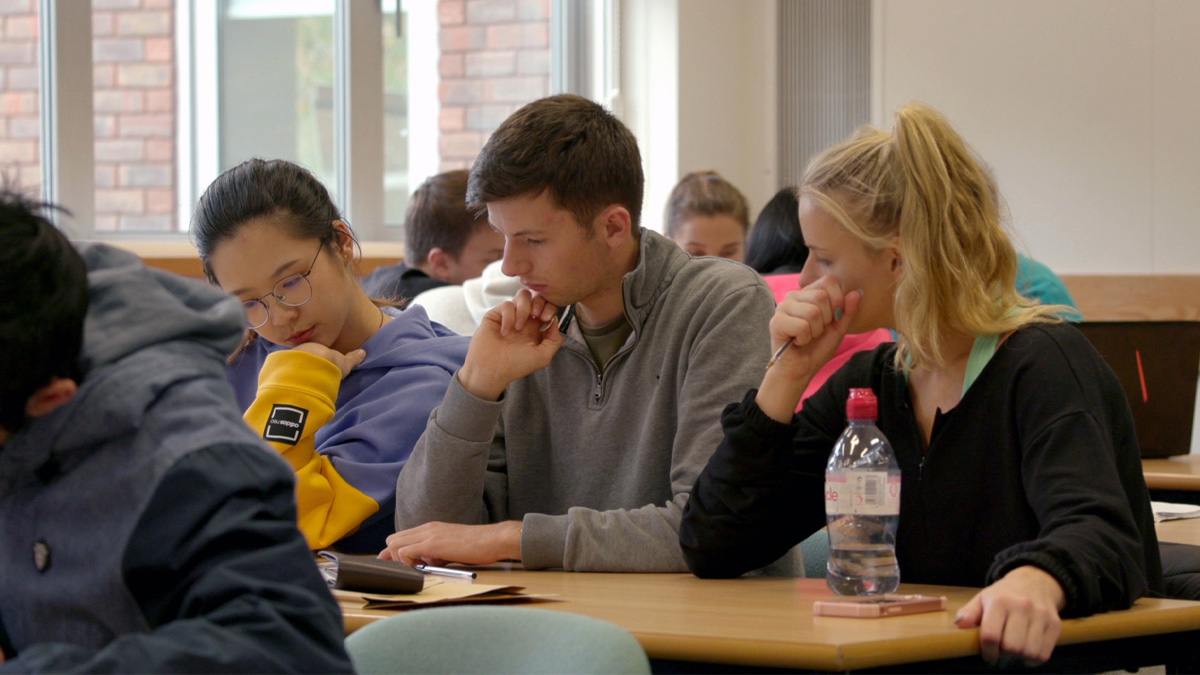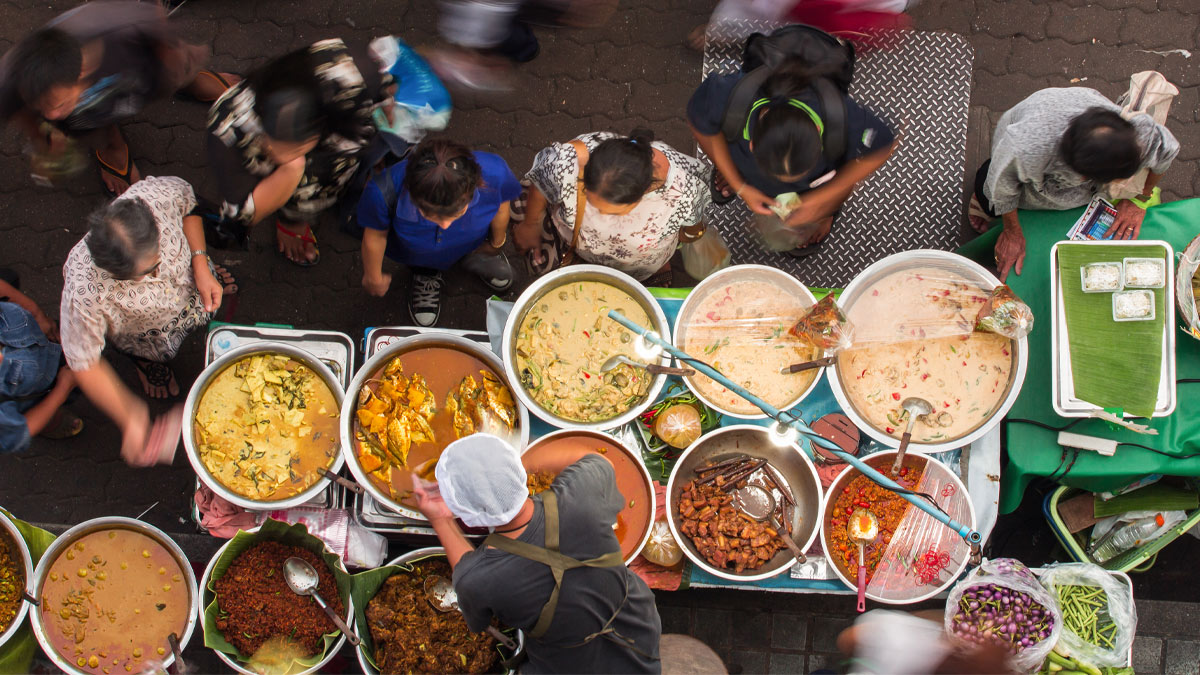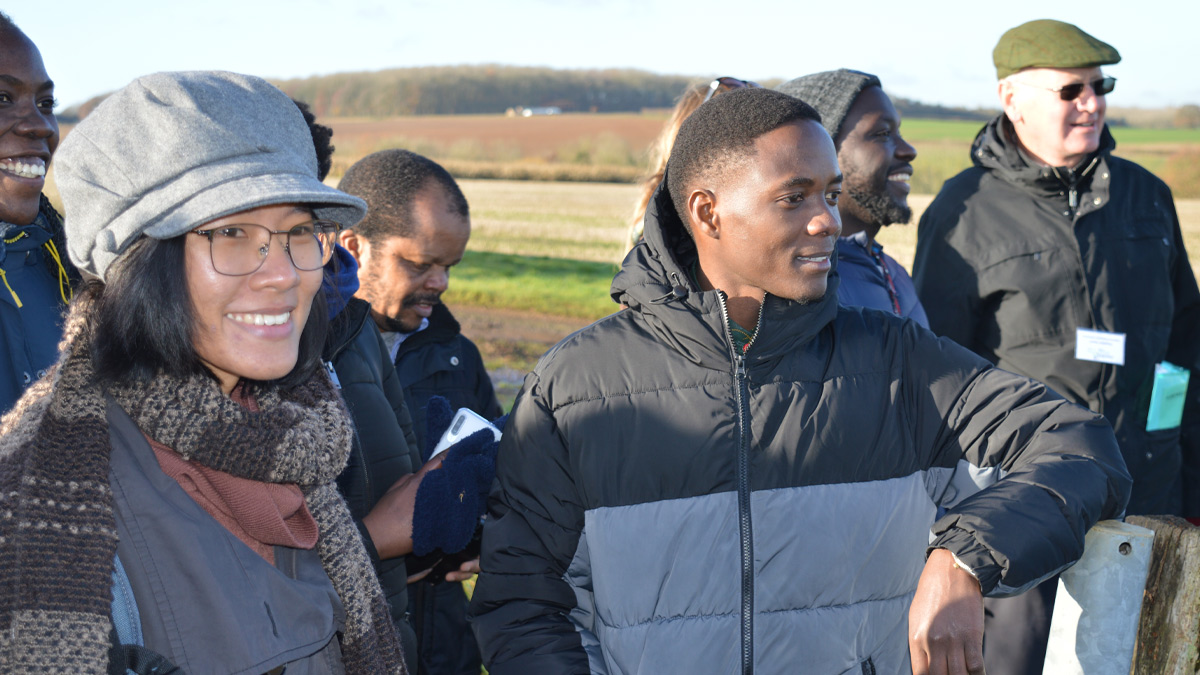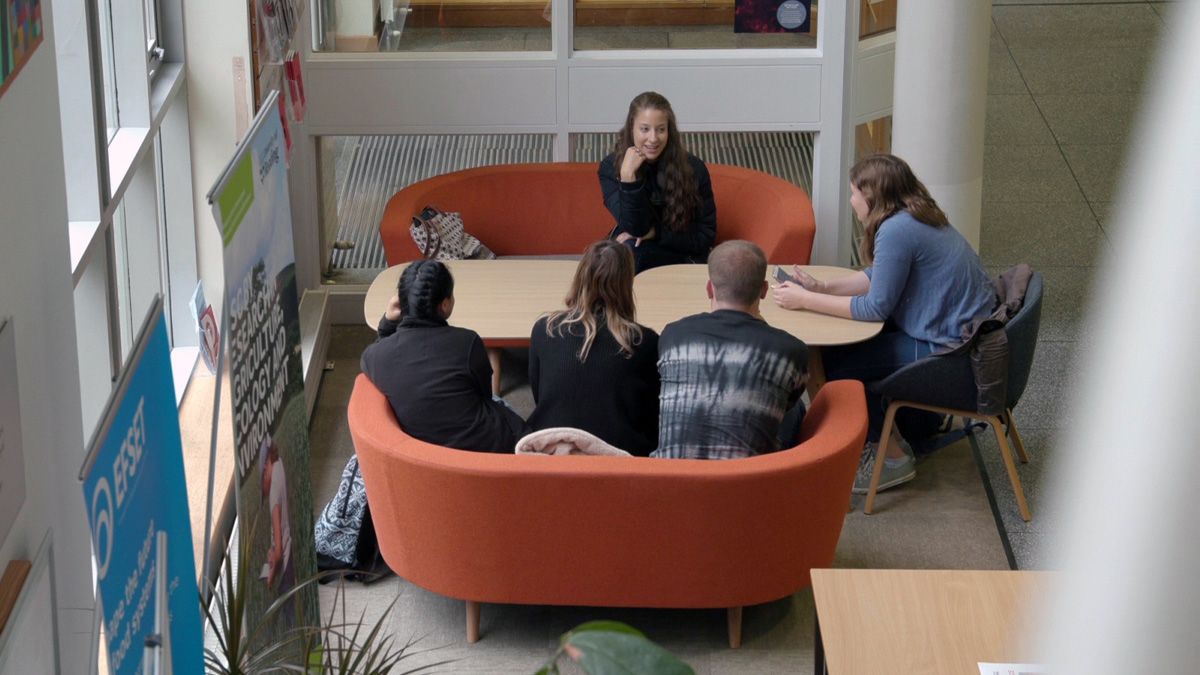Our postgraduate programmes are taught in an interdisciplinary environment, providing you with insight into the complex challenges faced by global communities and businesses as they aspire to a sustainable future.

Your learning environment
Our teaching approach connects theoretical understanding and practical experience. We use interactive learning to encourage students to develop a coherent understanding of current trends and debate.
You'll learn through a variety of teaching methods, including lectures, guest speakers, critical reading tutorials, independent assignments, group work, and field trips – all drawing on student participation.
Recent students have visited the Centre for Dairy Research, the National Fruit Collection, and the world's oldest agriculture research station: Rothamsted. These opportunities are a vital part of your learning experience, enabling you to see a range of operations, enhance your understanding, and provide greater insight into how world-leading research is conducted.
Programme structure and assessment
Our programmes have a modular structure that allows you to select subjects that meet your own needs and interests, while developing a core set of knowledge and skills specific to your chosen degree.
Assessment is on a modular basis, using a variety of techniques suited to the subject area. These assessments can include essays and written assignments, problem-solving exercises, presentations, class tests and, in some instances, examinations.
Master's programmes start in October and have a common format, lasting 12 months for full-time students and 24 months for part-time students.
Research opportunities
You'll develop your research skills by working alongside our experienced researchers.
Your dissertation module will provide the opportunity to design and conduct a research project of your own – allowing you to explore a topic that you are passionate about.
Fieldwork
You'll also have the opportunity to use your dissertation to carry out fieldwork.
This can help you build your expertise in research and analytical tools, and to engage with policy makers or non-governmental organisations (NGOs) – all of which can help with your career development.
Placements
During the course of your studies, you may choose to undertake a placement in the UK or overseas. Some students also opt to pursue field research abroad for their dissertation.
You'll have the opportunity to engage with a range of organisations in our placement programme. Past students have undertaken placements with national and international non-governmental organisations, research institutions, United Nations agencies, the private sector, and other academic institutions.
Your placement may also enable you to work with researchers from other universities.

Our courses

Why study with us?
